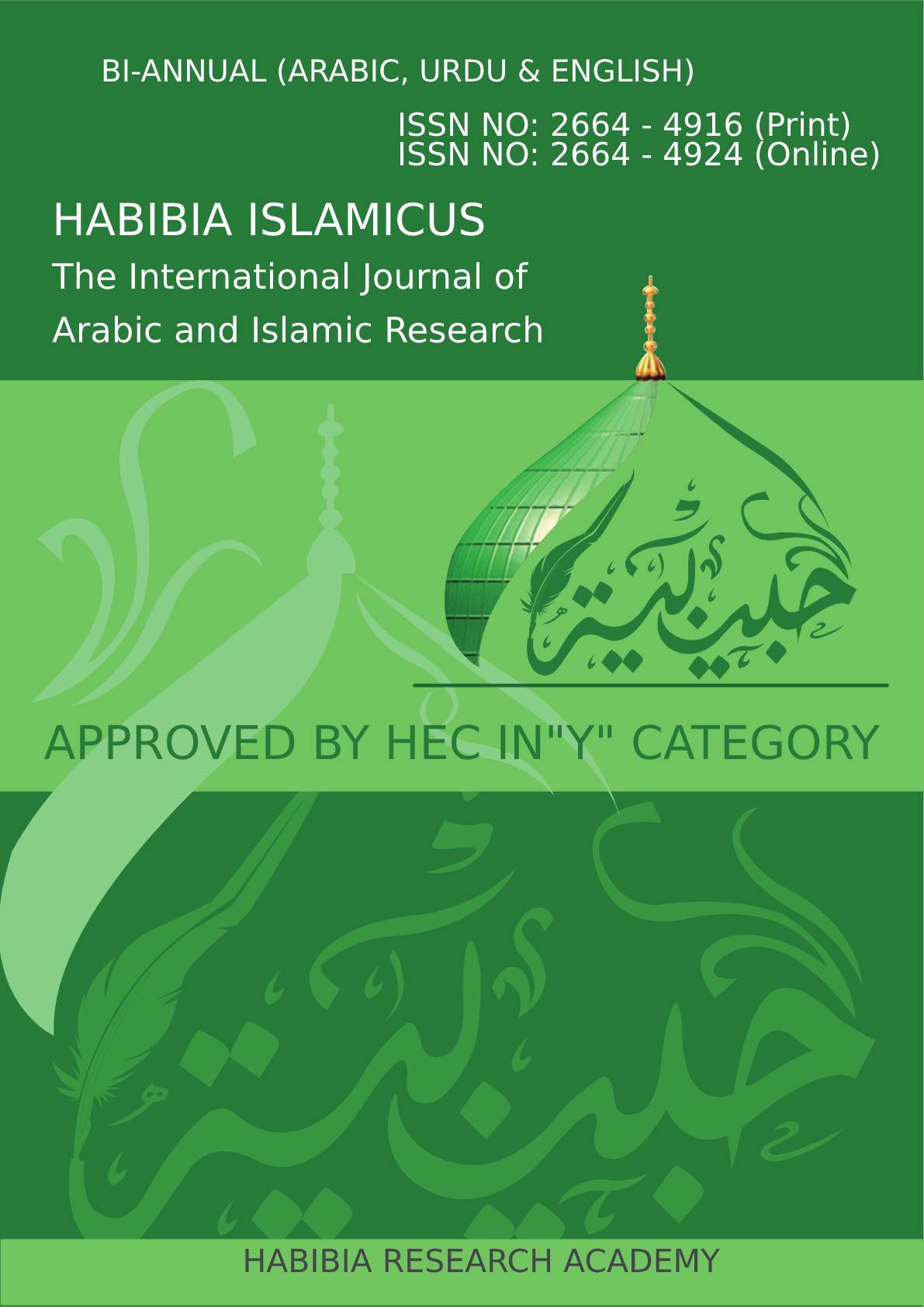THE ORIGIN, DEVELOPMENT AND IMPORTANCE OF ALTERNATIVE DISPUTE RESOLUTION MECHANISM IN THE LIGHT OF ISLAMIC INTERPRETATION
Keywords:
sulh, Arbitration, Alternative, Dispute, Resolution, Litigation, CompensationAbstract
Islam is the religion of peace that gives prime importance to equality and justice. It is evident from the known human history that peace is the byproduct of these two concepts. Every culture and society has some laws and procedures to maintain peace within its fold. Litigation is the standard method to restore peace in any community but it is believed to be lengthy and costly mechanisms that most people avoid accept in cases where the state laws have been violated. The second easiest and viable method is arbitration to prevent violence at domestic level between the disputants. Islamic tradition has a long history of arbitration and amicable conflict resolution (sulh) which has also its roots in pre-Islamic Arabia. The Quran clearly directs in surh-al-Hujraat its adherers to make sulh between two sides when the groups of believers fall to fighting. If one of them outrages against the other, then the Muslims should fight against the one, who outrages till it complies with the command of Allah and then, make reconciliation between them justly. In this paper, general and Islamic historical background of Alternative Dispute Resolution (ADR) process is explored with the help of Islamic exegeses and the Prophet’s ﷺ biography. Our findings reveal that ADR is a much easier and practical solution in disputes settlement for it takes less time, accessible to everyone and costs nothing than the traditional court procedure is required in litigation.


